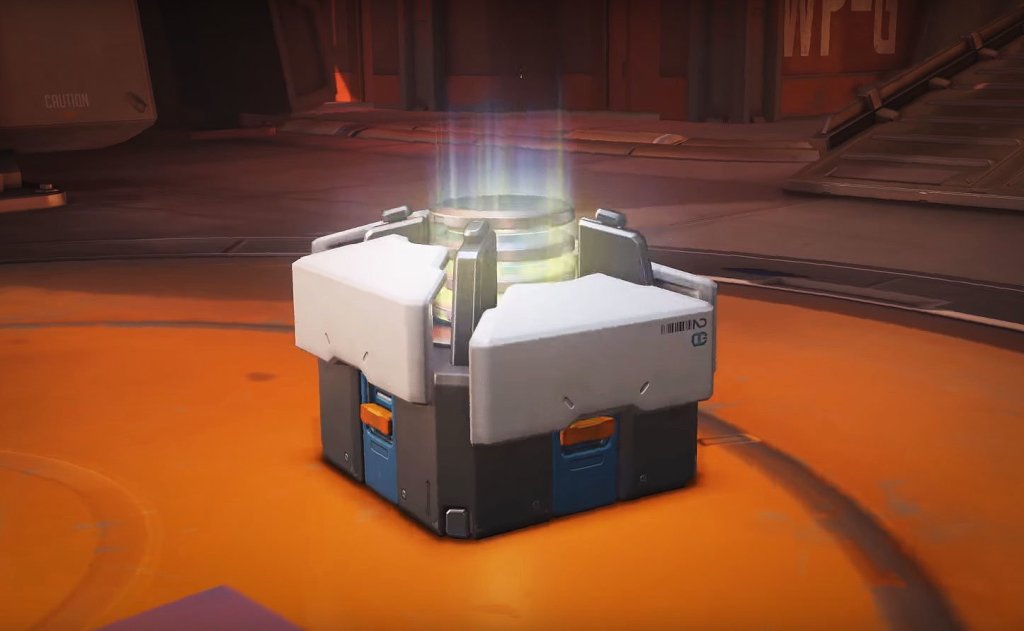The Entertainment Software Association (ESA) announced a new initiative during a loot box workshop. Sony, Microsoft, and Nintendo must require all publishers to disclose the odds of in-game loot boxes. To gamers, this may come as a big win, as the practice of implementing these in-game purchases has been poorly received over the years. At least now, gamers will know what the odds are, which can help make more of an informed decision.
The term “loot box” is one that is often considered a dirty word in the video game community, due to the controversial nature of the virtual item. Games that include them will require you to pay using real world money in exchange for a random selection of in-game items with varying degrees of rarity. In many cases, players receive items that deemed to be useless, which is where the new initiative will come into play.
According to the ESA:
The video game industry relies on creating and sustaining relationships with our players based on fun, but just as importantly on trust. One of the hallmarks of our industry is that we don’t just create entertainment value for our players, we listen to them.
Video games spark camaraderie and build communities that we all enjoy being a part of. We will continue to innovate and work together so that every member of our community can enjoy video games as a fun and enriching experience.
A Sony spokesperson added:
We support industry efforts to disclose the probability of obtaining randomized virtual items, known as loot boxes, and are committed to providing consumers with this information for all games we produce and publish.
Along with the questionable odds of receiving useful items in loot boxes is the discussion of whether the practice is a form of gambling. A study from the University of British Columbia’s Centre for Gambling Research points to gamers making the association between gambling and loot boxes.
Some companies have handled the issue by removing loot boxes entirely, much like what Psyonix is planning with Rocket League. Other publishers have simply changed the language surrounding the practice to make it seem more appealing, like EA did.
It’s clear that the community’s cries are being answered and that many companies have sided in favor with the questionable nature of in-game loot boxes.
What do you make of this new practice? Do you think it will help? Let us know!





